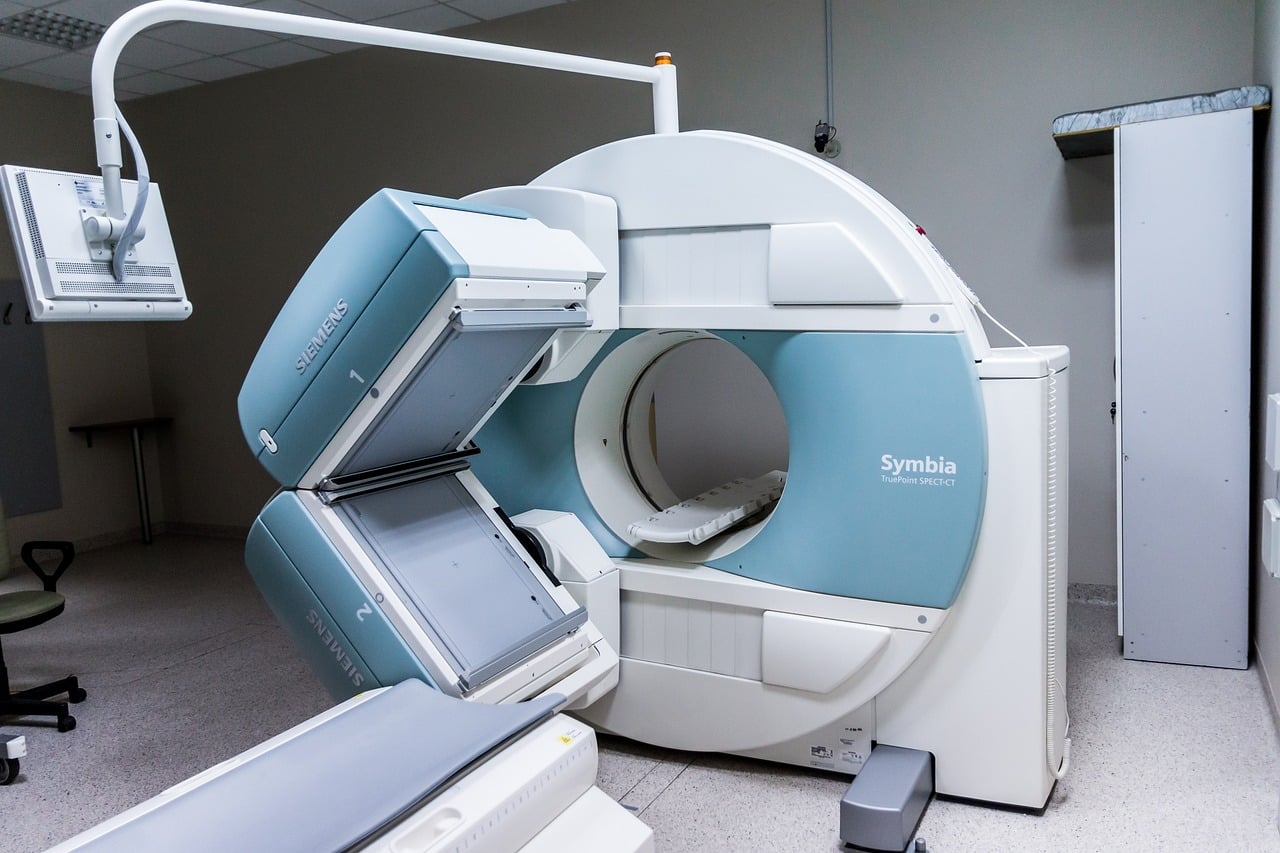In a victory for pro-choice groups and a blow for pro-life ones, on Thursday, September 12, a state district judge in North Dakota overturned the state’s abortion ban, considered one of the strictest in the entire country, on the grounds that it violated the state constitution. The state law banned abortion at any stage during the pregnancy, only allowing exceptions for rape and incest up to six weeks’ gestation or if the pregnancy posed serious health risks or the risk of death for the mother.
In his ruling, District Judge Bruce Romanick wrote that the state constitution grants a broad degree of personal liberty for all North Dakotans. He also found that among the unenumerated rights in the constitution is the fundamental right for women to choose to have an abortion before fetal viability. Arguing that the right to make this decision belongs solely to the pregnant woman, not the government, Romanick ruled that the ban violates the North Dakota state constitution, is invalid, and has no effect.
The district court’s decision overturns the strict ban the state legislature passed and Governor Doug Burgum signed in April 2023 and makes abortion legal in North Dakota again for the first time since the United States Supreme Court overturned Roe v. Wade in June 2022. Although the state currently has no abortion clinics in its borders, reproductive rights groups are celebrating this ruling as a win for reproductive freedom. Meanwhile, State Attorney General Drew Wrigley has vowed to appeal this ruling, while Governor Doug Burgum has yet to make an official statement on the decision.
North Dakota’s Abortion Ban
In the 2022 case Dobbs v. Jackson Women’s Health Organization, the U.S. Supreme Court ruled that the U.S. Constitution did not confer a fundamental right to abortion, overturning the 1973 Roe v. Wade case that had legalized abortion nationwide. In doing so, the Court ruled that the authority to regulate abortion lay in “the people and their representatives,” meaning that state governments had the power to allow or ban abortion in their states.
At the time of the ruling, North Dakota was one of 13 states that had a “trigger law” ban that would come into effect automatically or through swift action by the state government should Roe be overturned. Once the Dobbs ruling came into effect, North Dakota’s ban soon took effect. At the time, North Dakota only had one abortion clinic in the entire state, the Red River Women’s Clinic in the state’s largest city, Fargo; soon after the trigger law came into place, the clinic moved across state lines to Moorhead, Minnesota.
In 2023, both houses of the North Dakota state legislature passed a bill that Governor Burgum signed into law that amended the state’s near total ban on abortion. The new law made abortions legal in cases of rape and incest, but only up to six weeks’ gestation; it also permitted abortions later in pregnancy if there was a medical emergency that threatened the life or health of the mother. Otherwise, the law classified abortion as a felony crime.
The Ban Is Overturned
In 2022, before the Red River Women’s Clinic left North Dakota for Minnesota, the Center for Reproductive Rights filed a challenge in a state district court on behalf of the clinic, asking the court to strike down the entirety of the law. When the state government enacted the slightly less strict law in 2023, the clinic and its doctors filed an amended complaint to have the new law overturned instead.
On September 12, District Judge Bruce Romanick issued his ruling, finding in favor of the Clinic and the Center in their suit against the state government. According to Romanick, the North Dakota Constitution grants all citizens of the state fundamental rights of personal autonomy, liberty, and happiness. The court stated that among the enumerated and unenumerated rights the Constitution grants is a fundamental right for a woman to choose to have an abortion before fetal viability.
Stating that “‘a woman’s choice to choice of whether or not to carry a pregnancy to term shapes the very nature and future course of her life,'” Romanick explained that the right to control her body and destiny belongs to the woman and not to the state government. He also ruled that since the state’s abortion ban was too vague in defining what exceptions to the ban were available, the state law violated the North Dakota Constitution and thus was void and had no effect.
Reactions To The Ruling
The Center for Reproductive Freedom welcomed the ruling, calling it a “‘win for reproductive freedom.'” Tammi Kromenaker, the director of the Red River Clinic, said that the ruling “‘gave [the clinic] hope'” since the court had heard their concerns and the concerns of other North Dakota physicians about the overly strict law. One of those physicians, fetal-maternal medical specialist Dr. Ana Tobiasz, stated that the ruling would allow physicians to provide patients life-saving care, including abortions if needed, without fear of being criminally prosecuted under the state’s law.
Though the office of Governor Doug Burgum hasn’t responded to the news of the ruling yet, State Attorney General Drew Wrigley has released a statement criticizing Romanick’s ruling. In the statement, Wrigley said Romanick had “made flaws in his analysis” and criticized him for “inappropriately casting aside” the state legislature’s law and ignoring the North Dakota Supreme Court’s previous case law on the subject. Wrigley said that he would appeal the case to a higher court.
The State Of Abortion In North Dakota Now
Although Judge Romanick’s ruling has made abortion legal in North Dakota again, it’s unlikely that anyone seeking one will be able to get it in-state since there are no abortion clinics left in the state following the aftermath of the Dobbs ruling. Though she expressed hope about the court’s ruling, Kromenaker said that the clinic has no plans of moving back to North Dakota at the moment. As for right now, abortion is legal in North Dakota, but whether it remains legal depends on the outcome of the appeals process.
Abortion continues to be a contentious topic in American politics. Following the Dobbs ruling, several state governments enacted partial to near-total bans on abortion, while other state governments have protected a woman’s ability to seek one. Likewise, citizens of several states, including Kansas, Ohio, Michigan, and Kentucky, have voted on statewide initiatives on whether their state constitutions should or should not guarantee a fundamental right to abortion; in all of these states, voters have chosen to enshrine abortion rights or reject abortion bans. In November, voters in several states, including Arizona, Florida, Colorado, and Nevada, will vote on ballot initiatives to enshrine abortion rights in their states’ constitutions.







